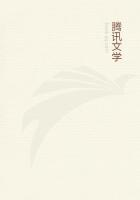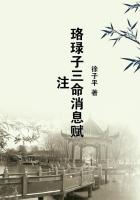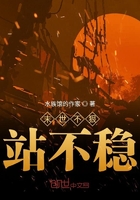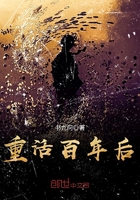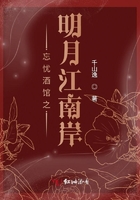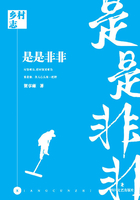The other study was made in the anthracite coal fields, and was undertaken from the University of Pennsylvania 1: "The United Mine Workers of America is taking men of a score of nationalities, English-speaking and Slav, men of widely different creeds, languages, and customs, and of varying powers of industrial competition, and is welding them into an industrial brotherhood, each part of which can at least understand of the others that they are working for one great and common end. This bond of unionism is stronger than one can readily imagine who has not seen its mysterious workings or who has not ( 98) been a victim of its members' newly found enthusiasm.
It is to-day the strongest tie that can bind together 147,000 mine workers and the thousands dependent upon them. It is more than religion, more than the social ties which hold together members of the same community."It was during a remarkable struggle on the part of this amalgamation of men from all countries, that the United States government, in spite of itself, was driven to take a hand in an industrial situation, owing to the long strain and the intolerable suffering entailed upon the whole country. Even then, however, the Government endeavored to confine its investigation to the mere commercial questions of tonnage and freight rates with their political implications, and it was only when an aroused and moralized public opinion insisted upon it that the national commission was driven to consider the human aspects of the case. Because of this public opinion, columns of newspapers and days of investigation were given to the discussion of the deeds of violence, discus signs having nothing to do with the original den mends of the strikers and entering only into the value set upon human life by each of the contesting parties. Did the union encourage violence against non-union men, or did it really do everything to suppress violence?
Did it live up to its creed ( 99) which was to maintain a standard of living that families might be properly housed and protected from debilitating toil and disease, and that children might be nurtured into American citizenship ? Did the operators protect their men as far as possible from mine damp, from length of hours proven by experience to be exhausting? Did they pay a wage to the mine laborer sufficient to allow him to send his children to school? Questions such as these, a study of the human problem, invaded the commission day after day during the sitting. One felt for the moment the first wave of a rising tide of humanitarianism, until the normal ideals of the laborer to secure food and shelter for his family, a security for his own old age, and a larger opportunity for his children became the ideals of democratic government.
Let us imagine the result if, during the long anthracite strike, the humane instinct had so overmastered the minds of the strikers, and so exalted their passions that they had lifted a hand against no man, even though he seemed to be endangering their cause before their eyes. Such a result might have come about, partly because the destruction of life had become abhorrent and impossible to them engaged as they were in the endeavor to raise life in the coal regions to a higher level, and partly because they would have ( 100) scorned to destroy an enemy in order to achieve a mere negative result when the power lay within themselves to convert him into an ally, when they might have made him a source of help and power, a comrade of the same undertaking. If the element of battle, of mere self-seeking, could be eliminated from strikes, if they could remain a sheer uprising of the oppressed and underpaid to a self-conscious recognition of their condition, so unified, so irresistible as to sweep all the needy within its flood, we should have a tide rising, not to destruction, but to beneficence.
Let us imagine the state of public feeling if there had been absolutely no act of violence traceable, directly or indirectly, to the union miners;if during the long months of the strike the great body of miners could have added the sanction of sustained conduct to their creed. Public sympathy would have led to an understanding of the need these miners were trying to meet, and the American nation itself might have been ready to ask for legislation concerning the minimum wage and for protection to life and limb, equal to the legislation of New Zealand or Germany. But because the element of warfare unhappily did exist, government got back to its old business of repression.
To preserve law and order is obviously the ( 101) function of government everywhere; and yet in our complicated modern society, especially as thousands of varied peoples are crowded into cities, it is not always easy to see just where real social order lies. The officials themselves are sometimes perplexed, and at other times deliberately use the devices of government for their own ends. We may take once more in illustration the great strike in the Chicago stock-yards.
The immediate object of the strike was the protection of the wages of the unskilled men from a cut of one cent per hour, although, of course, the unions of skilled men felt that this first invasion of the wages increased through the efforts of the union, would be but the entering wedge of an attempt to cut wages in all the trades represented in the stock-yards.
Owing to the refusal on the part of the unions to accept arbitration offered by the packers at an embarrassing moment, and because of the failure of the unions to carry out the terms of a contract, the strike in its early stages completely lost the sympathy of that large part of the public dominated by ideals of business honor and fair dealing. It lost, too, the sympathy of that growing body of organized labor which is steadily advancing in a regard for the validity of the contract, and is faithfully cherishing the hope that in time the trades unions ( 102) may universally attain an accredited business standing.

